Kraft Global Fellowship Program Tunisia 2024
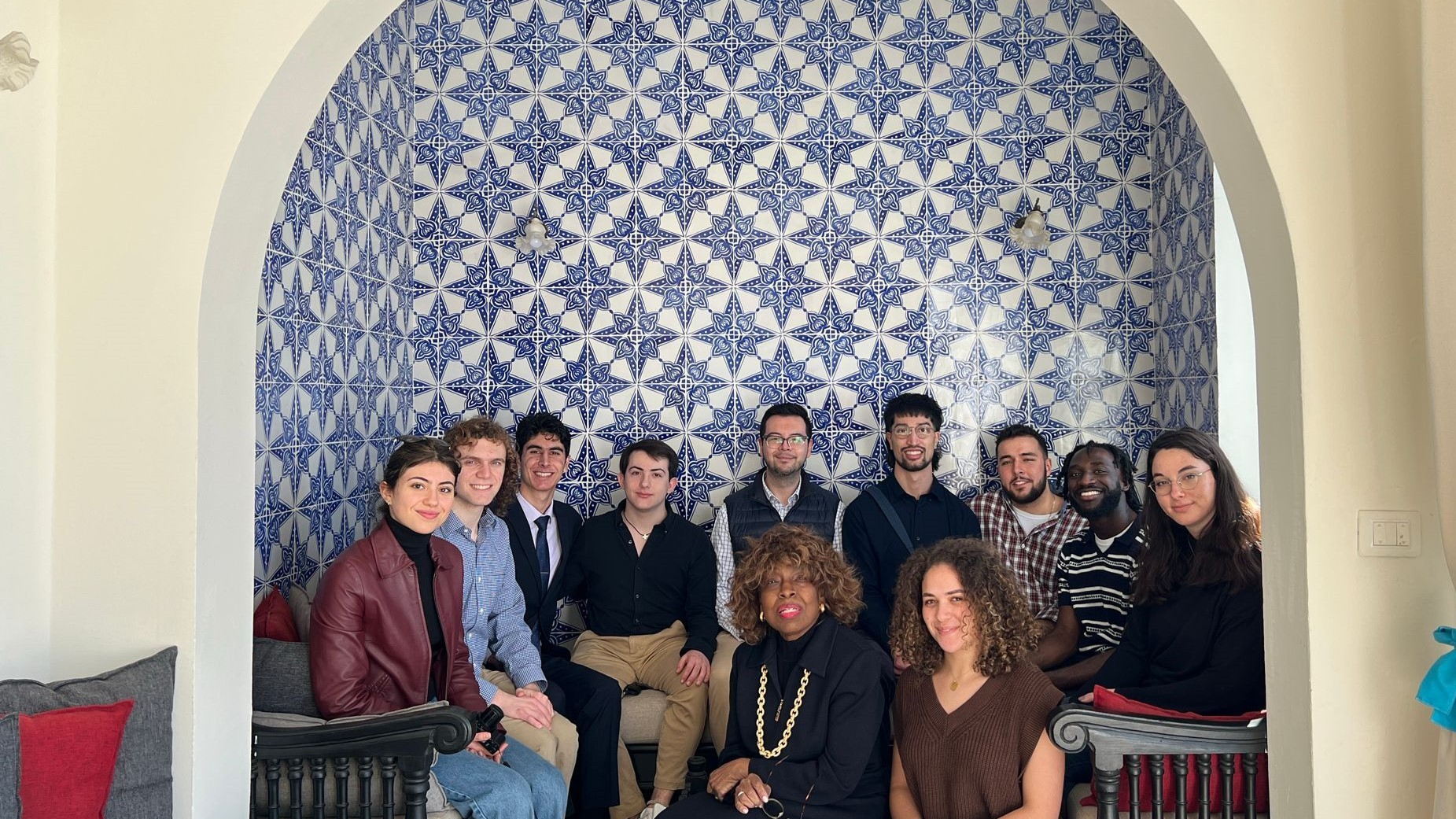
Columbia Global Centers | Tunis hosted the 2024 Kraft Global Fellows for an exploration of North Africa's past and present.
The participants, hailing from various Columbia University schools, including the School of General Studies, Mailman School of Public Health, Columbia College, and the School of International and Public Affairs, engaged in a 10-day program aimed at gaining a comprehensive understanding of Tunisia and the broader North African region.
The itinerary included academic lectures, site visits, and interactions with local communities.
The journey began with visits to historical sites like Carthage and the Bardo Museum, offering insights into the rich cultural heritage of North Africa. The exploration then extended to the UNESCO World Heritage Site of Dougga, El Jem with its Roman amphitheater, and the Medina of Tunis, where discussions touched upon Ottoman and colonial influences on the city's history.
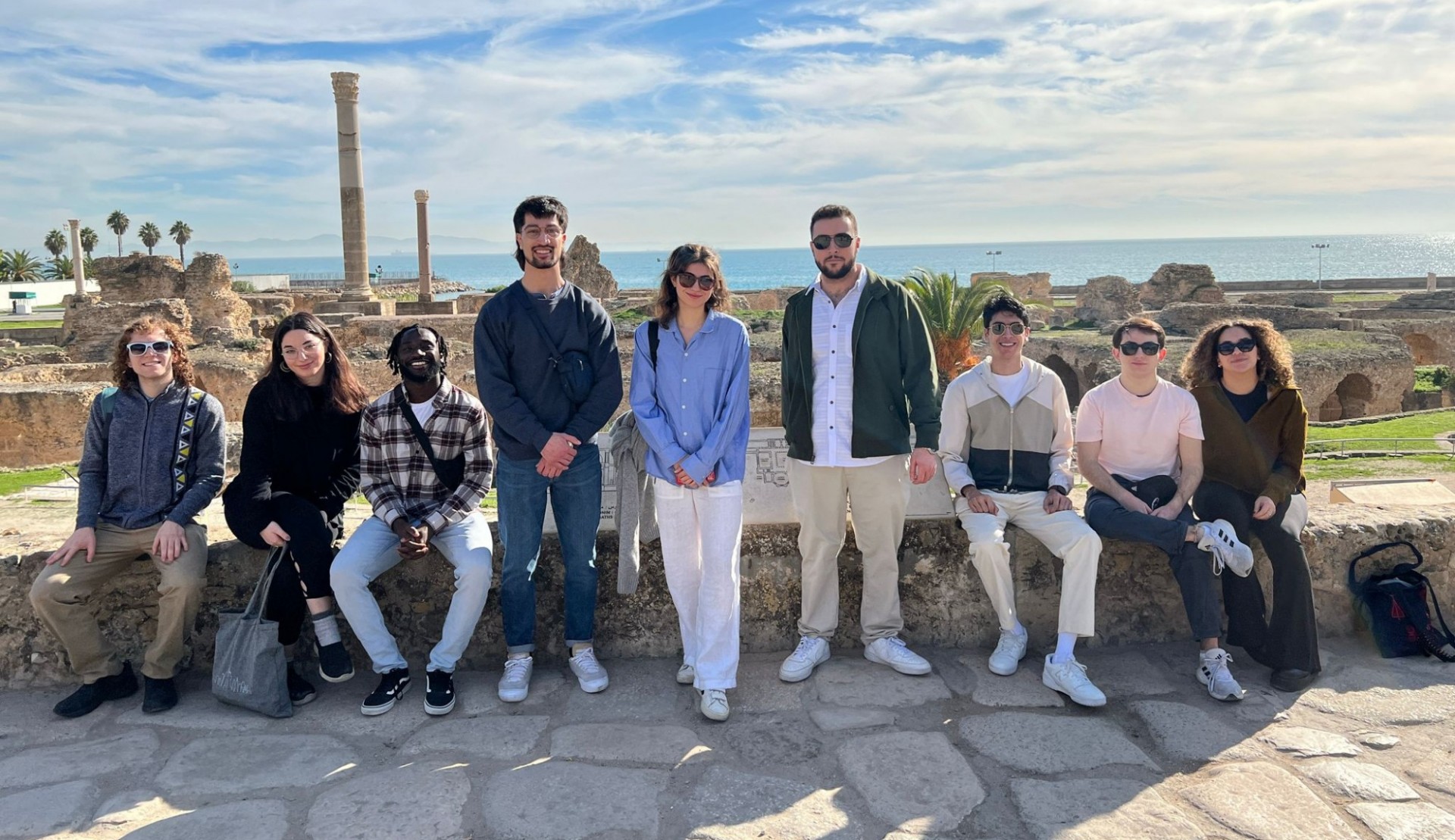
The fellows also explored Testour, known for its diverse cultural influences, the island of Djerba, showcasing coexistence between Islam and Judaism, and Kairouan, considered the fourth holiest city of Islam. A visit to an olive press in Teboursouk highlighted Tunisia's agricultural heritage.
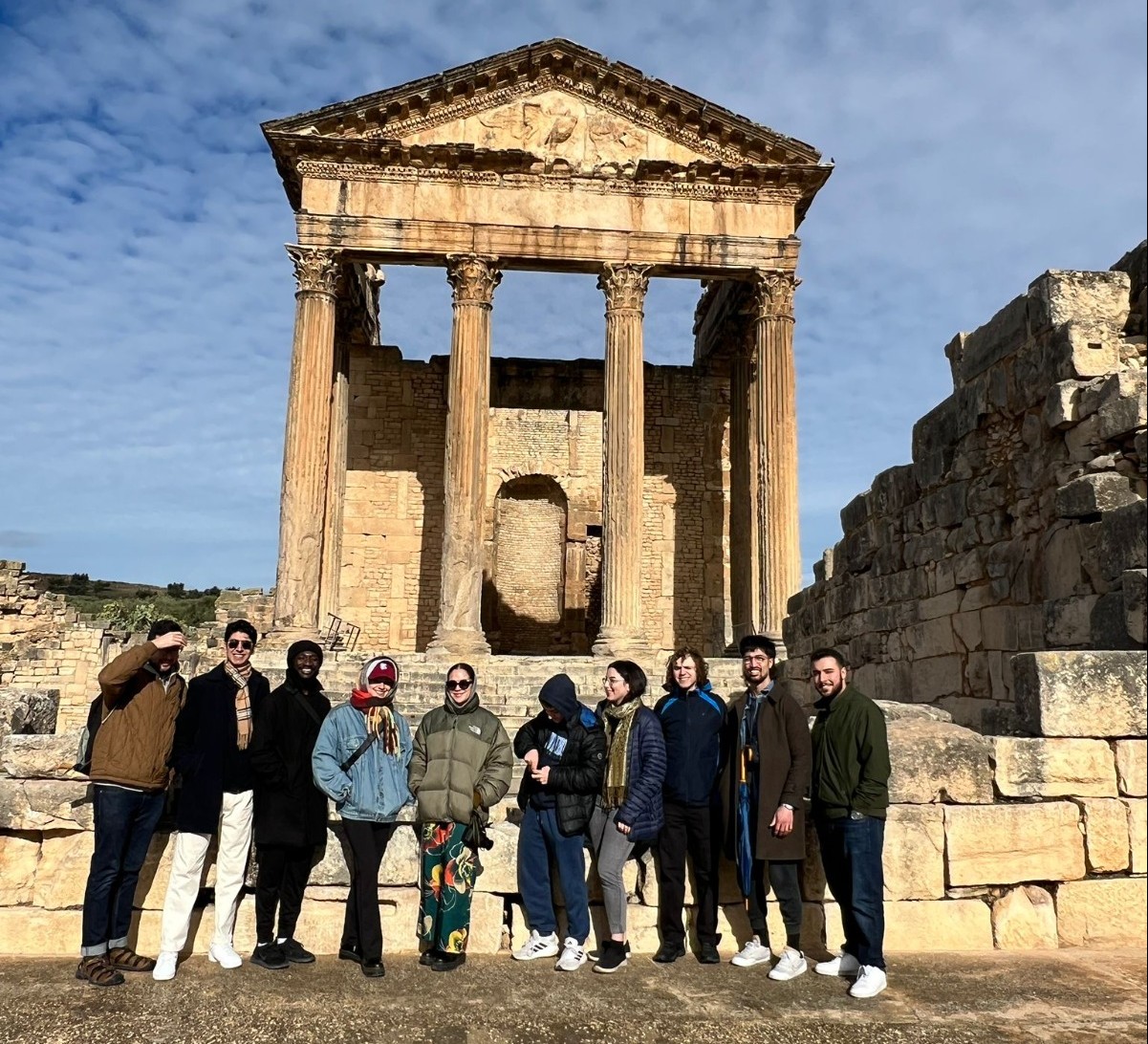
The program then shifted to focus on contemporary Tunisia and North Africa, with interactions with local and international NGOs. Discussions covered various issues, including human rights, women's rights, racism, and migration, providing insights into the complexities of the region's society.
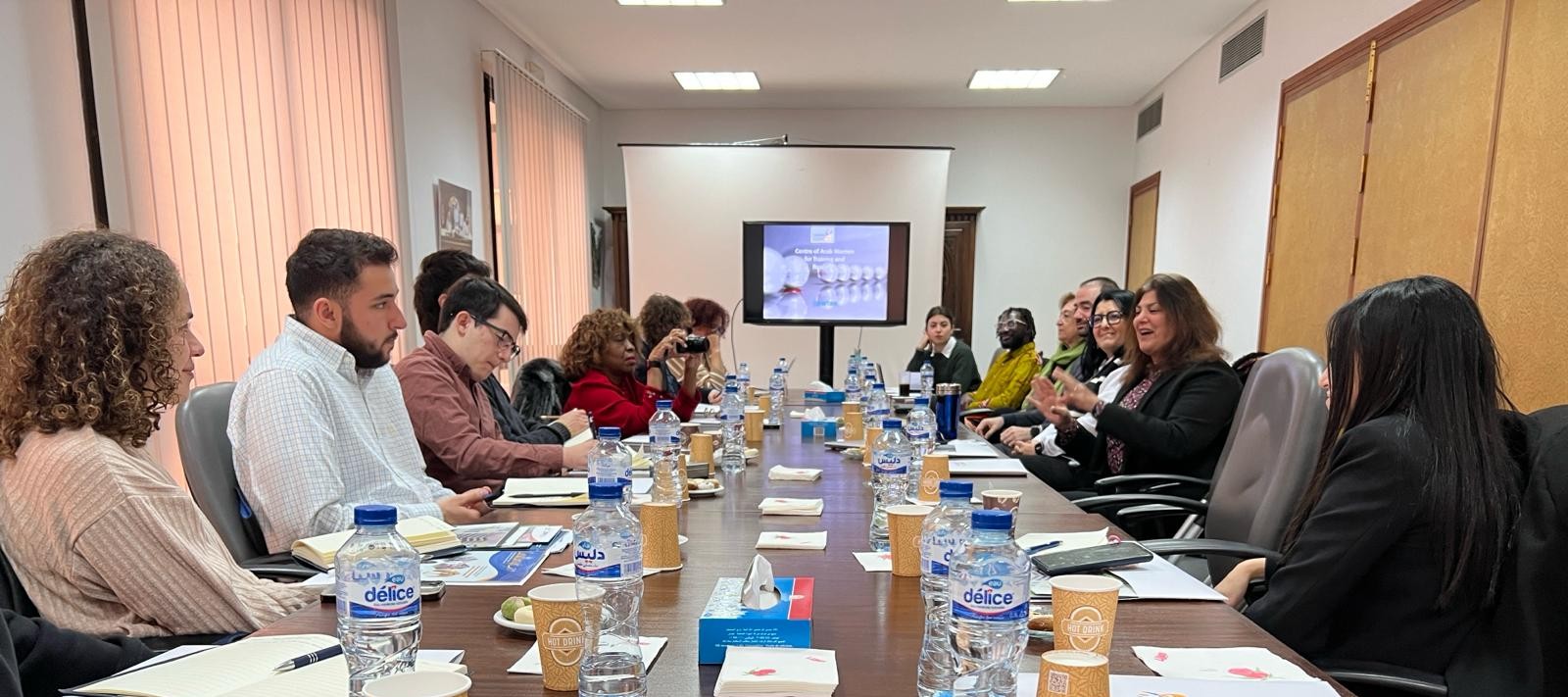
Academic lectures covered topics such as the history of Ibadi Muslims, the influence of Moriscos after their expulsion from Spain, the evolution of diplomacy and religion in the 18th and 19th centuries, and the changes after the Arab Uprisings. These lectures aimed to encourage diverse students to learn from one another.
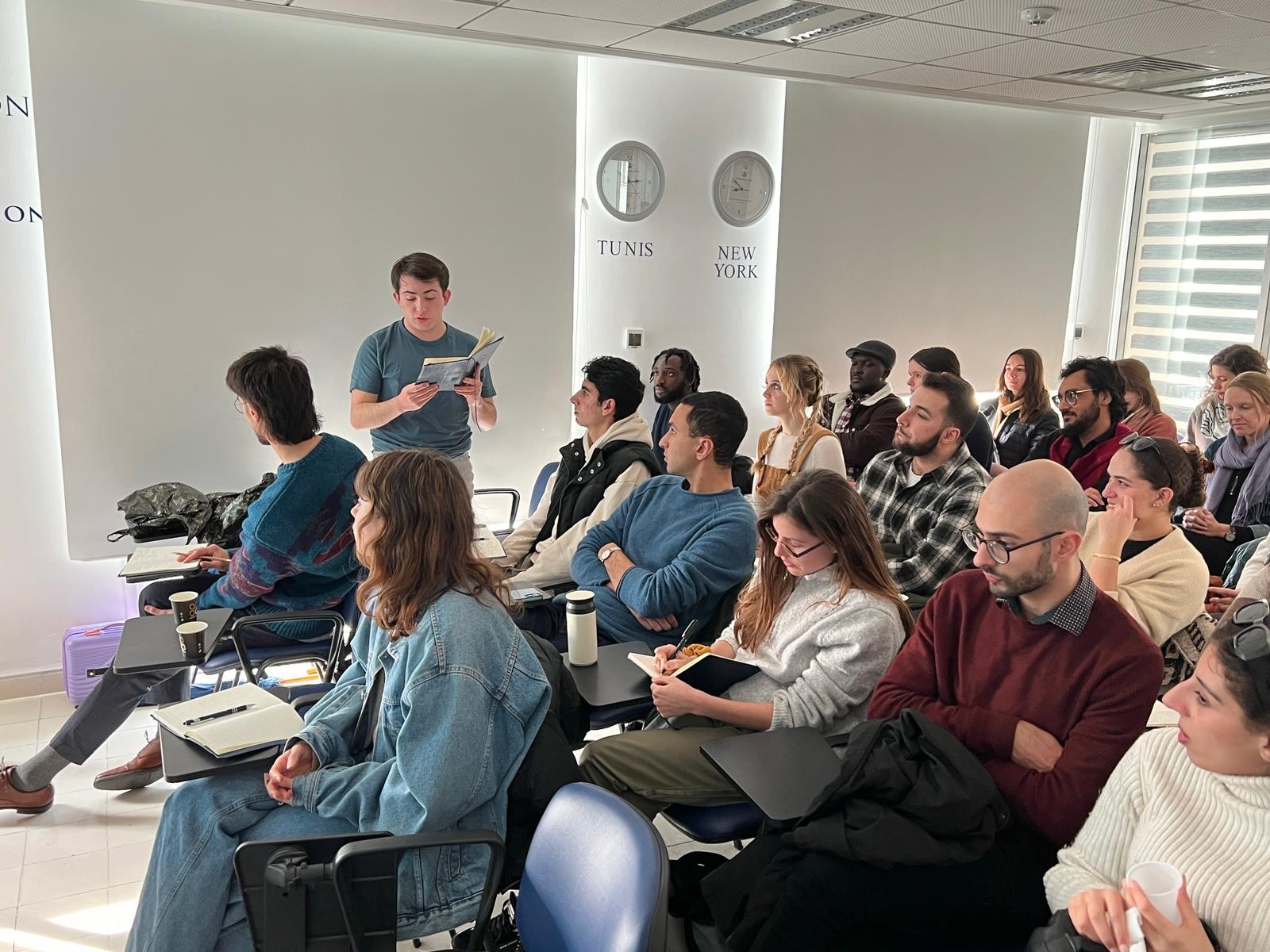
The well-balanced mix of site visits, lectures, and interactive experiences helped broaden the fellows' academic perspectives and foster an appreciation for the cultural diversity that defines Tunisia and North Africa today.